Alright – so today we’ve got the honor of introducing you to Henry Alonzo. We think you’ll enjoy our conversation, we’ve shared it below.
Hi Henry, thanks for joining us today. Risk taking is something we’re really interested in and we’d love to hear the story of a risk you’ve taken.
In the early 2000s tried to start a company that I now co-own. The company failed for many reasons and I ended up in debt. A few reasons were I was naive and inexperienced, I had more passion than knowledge, and I surrounded myself with “yes-man” people.
I went to college and earned a degree in music. The first few years, I thought, I’d get back to that dream. After graduating, the dream was not as possible. I had learned so much more about the industry that the innocence of starting a business in music had dissipated. I was surrounded by talented people, any of them could have built something greater than I was dreaming. It wasn’t til about 7 years later, in graduate school, that I decided to finally rebuild my dream. I remembered telling my wife at the time I really wanted to restart my business and told her that in three years, it would be profitable. This time around, I was alone, without my “yes-men.” But I was armed with the knowledge from my studies, music industry internships, and my pursuit of my MBA at Concordia University Irvine. The fear of failure was greater because I had failed before. I learned something in my college years that I still use to this day. I am not the smartest person in the room, but I will always be the most determined.
With a lot of work, I learned to be comfortable in solitude. Rejection became the norm. But the few clients that said yes and took a chance on me, I knew were going to receive the best possible service. The sure thing is that a client will pass on you because they don’t know you, and you don’t have the correct trajectory or resume yet. But the ones who said yes realized they were receiving the best services for the best rates in town. Eventually, some of my clients became like my sales team- referring me to others because I had helped them. This did not happen overnight, I was probably working on my own for the first 5 years. I was the president of a company made of one person, presiding over no one.
I had told my wife at the time to give me three years to turn a profit. The first two after taxes and expenses, I had made $700. I thought that I was going to lose $3,000. Around year 6, I thought I could afford one assistant and she worked part-time doing all she could for me. Hiring someone was one of the scariest moments for me because someone’s livelihood now depended on me. I don’t want to sound dramatic but being responsible for people can be overwhelming. To this day I have that reverence for my employees. I am responsible for their livelihood and I want them to have a good experience working for me.
I gave myself milestones and short-term dreams to meet, to assure myself that I belonged in this industry.
I started ADARGA as a music consulting company. The previous company was more of a record label. My goal was to provide music industry services to independent artists. There were and are artists out there that have the talent and what they’re lacking is the business infrastructure to succeed. I believe what gives talented artists long careers and success, is the business infrastructure backing them. I am not discounting the X Factor, viral artists, or anyone’s path to success. But reflecting on artists’ careers, you can gauge what elements attributed to their prolonged success. I can debate on the merits of this another time.
It is now been 16 years since I restarted my failed dream. We are now an LLC. I have 2 amazing business partners.
One of the craziest dreams I wrote down, is to have an artist thank me in a speech at an award show. This happened a few years after I started my company. I was at the Latin Grammys and the artist I was working with won, thanking me in her speech. I got teary-eyed and said a little thank-you prayer because it was my sign that this was the right industry for me.
Everything in life has a balance. There were moments along the way when I didn’t get the contract or was fired. The highs and lows are just a season, and what has remained is my determination.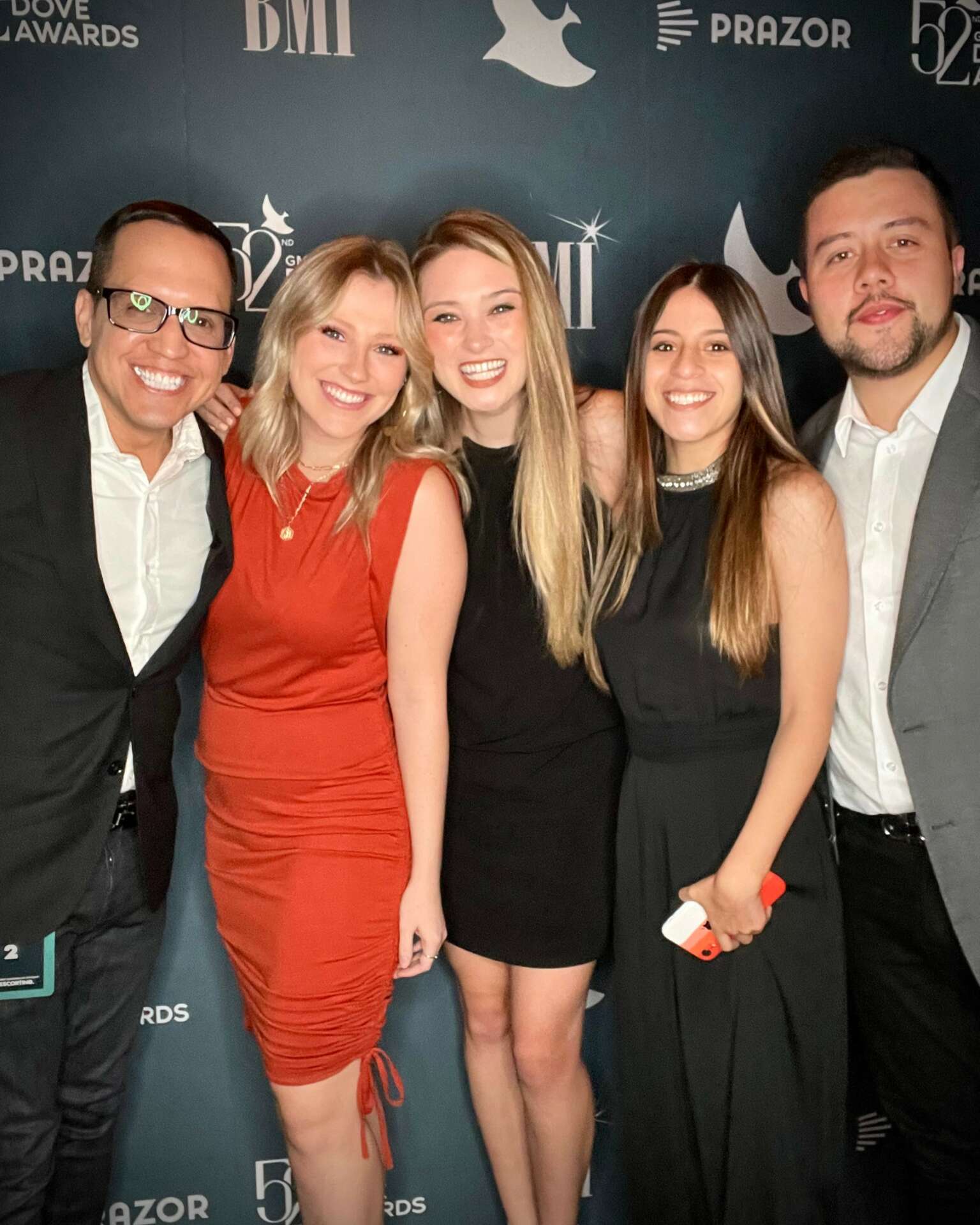
As always, we appreciate you sharing your insights and we’ve got a few more questions for you, but before we get to all of that can you take a minute to introduce yourself and give our readers some of your back background and context?
In the mid-2000s the record industry was imploding because of illegal downloads, but digital brought a new opportunity to compete with the big companies.
In grad school, I was taught that a good entrepreneur was always looking for an opportunity to solve problems and monetize that solution.
The problem I saw was certain genres in the industry did not have the same infrastructure or the same access to marketing, distribution, publishing, or management. I started noticing that some genres, especially Latin, had big audiences but were not being given the same attention and exposure as other genres like Pop or Country.
What we do at ADARGA is various services. We offer consulting, publishing, distribution, and other services to independent artists and are now subcontracted by record labels that need additional support for projects and releases.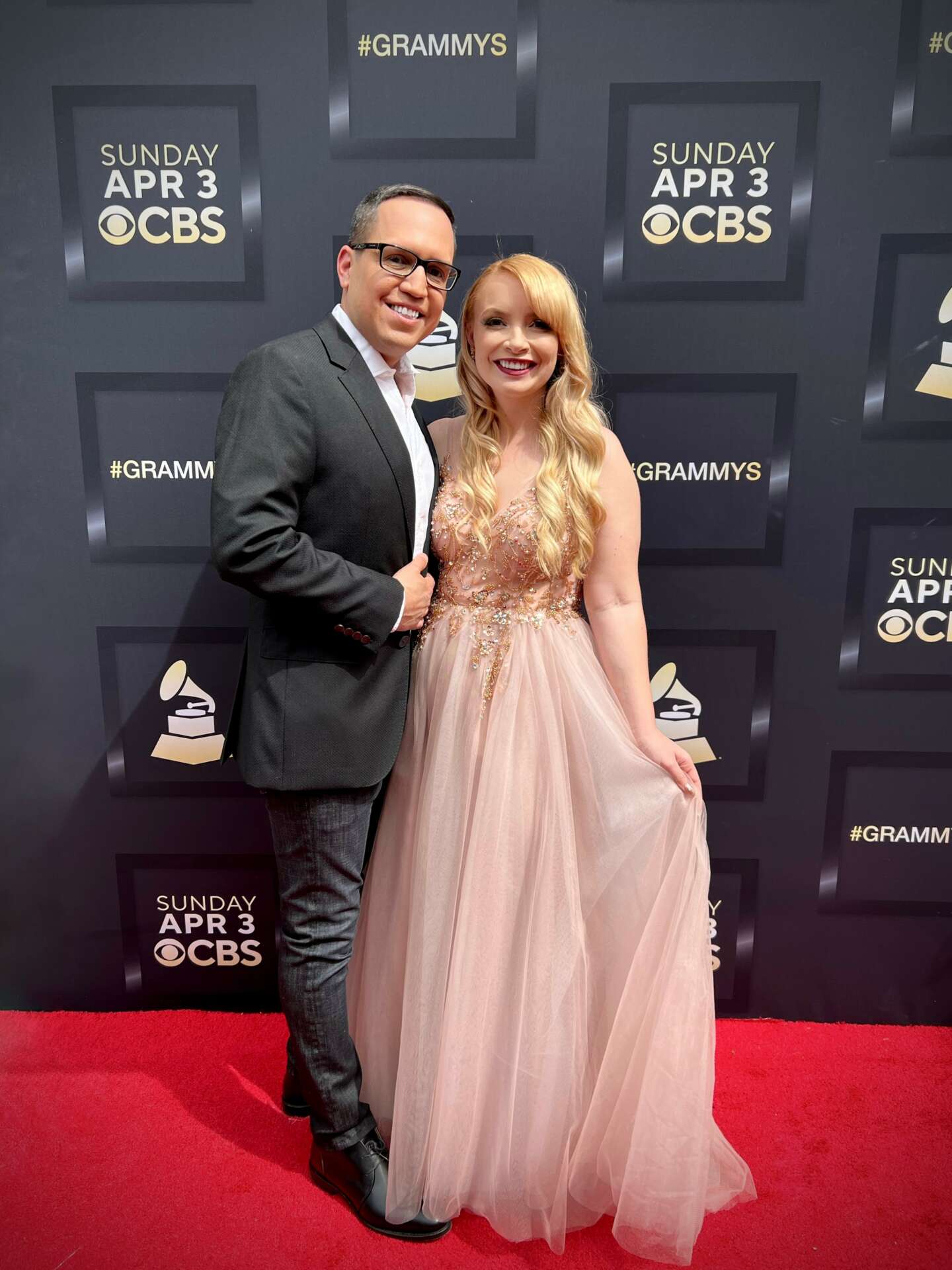
Can you tell us the story behind how you met your business partner?
I have 2 business partners. I met Diana over 20 years ago when she worked at another label. I was in college and I asked them for an internship. They told me they weren’t taking on interns but we stayed in touch, Years later when I started my company, I called her to offer my Company’s services. She had a million brilliant questions and we ended up chatting about the woes of the music industry. She did hire me to help her do some stuff. We became great friends and throughout the years we’d call each other every time iTunes updated or discuss whether Twitter was buying Facebook, or whatever it was. What set her apart is her brilliant ability to understand complex numbers within deals. I remember calling and asking her advice to ask if she was seeing the same math I was seeing in deals. About 8 years ago she told me she was leaving her company and without hesitation, I asked her if she’d come to work for me as head of finance as I was drowning in invoices and had a financial mess. In a few months, she took us from a deficit to a surplus. I still don’t know how she did that but I knew it was one of the best decisions I’d made.
I met Alexandria when I returned a phone call to an artist manager. She said “I never called you” and I said, “Yes, you did.” We still don’t know who called first. After an awkward pause, she said “What do you do in the music industry anyways?” I began by explaining what my company did. After hearing me out, she said, “Well I manage a band on the East Coast, can I share what I’ve been doing these last few months?” She proceeded to tell me that she does about 80% of the services I offered. I quickly asked her where she had studied music business and what label she had worked for. She said “I didn’t study music business. I studied HR in college and was actually a children’s pastor.” At that moment, I realized her instinct and ability for the music industry were greater than mine. I said, “I need an assistant would you have the time to work for me? I’ll pay you.” A few days later we agreed on the terms and she started working for me.
In the next few months, I realized I was right- her ability to research, reply to customers, and multitask was greater than mine would ever be. She was only an assistant for a few months and quickly ascended within the company. About 5 years ago, I had to take a leave of absence and she became the interim CEO. After I came back, again, the company was doing better than when I was leading it. Basically, I begged her to keep the position. After that, I realized that the company could grow if Diana, Alex, and I were all sharing the leadership. A few years ago, we negotiated a partnership and they are now co-owners of Adarga. We’ve been through many ups and downs but we are truly blessed to work with each other.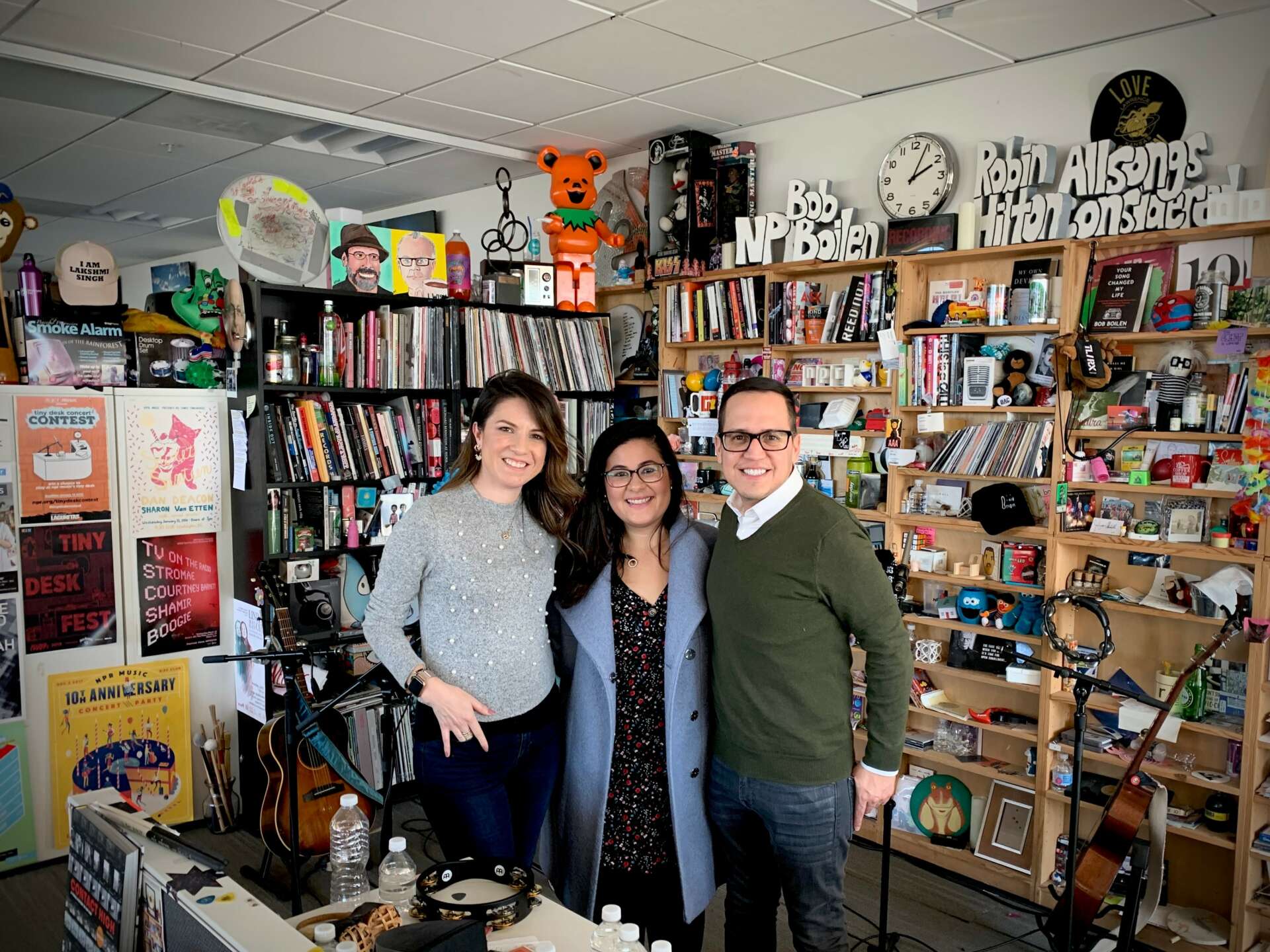
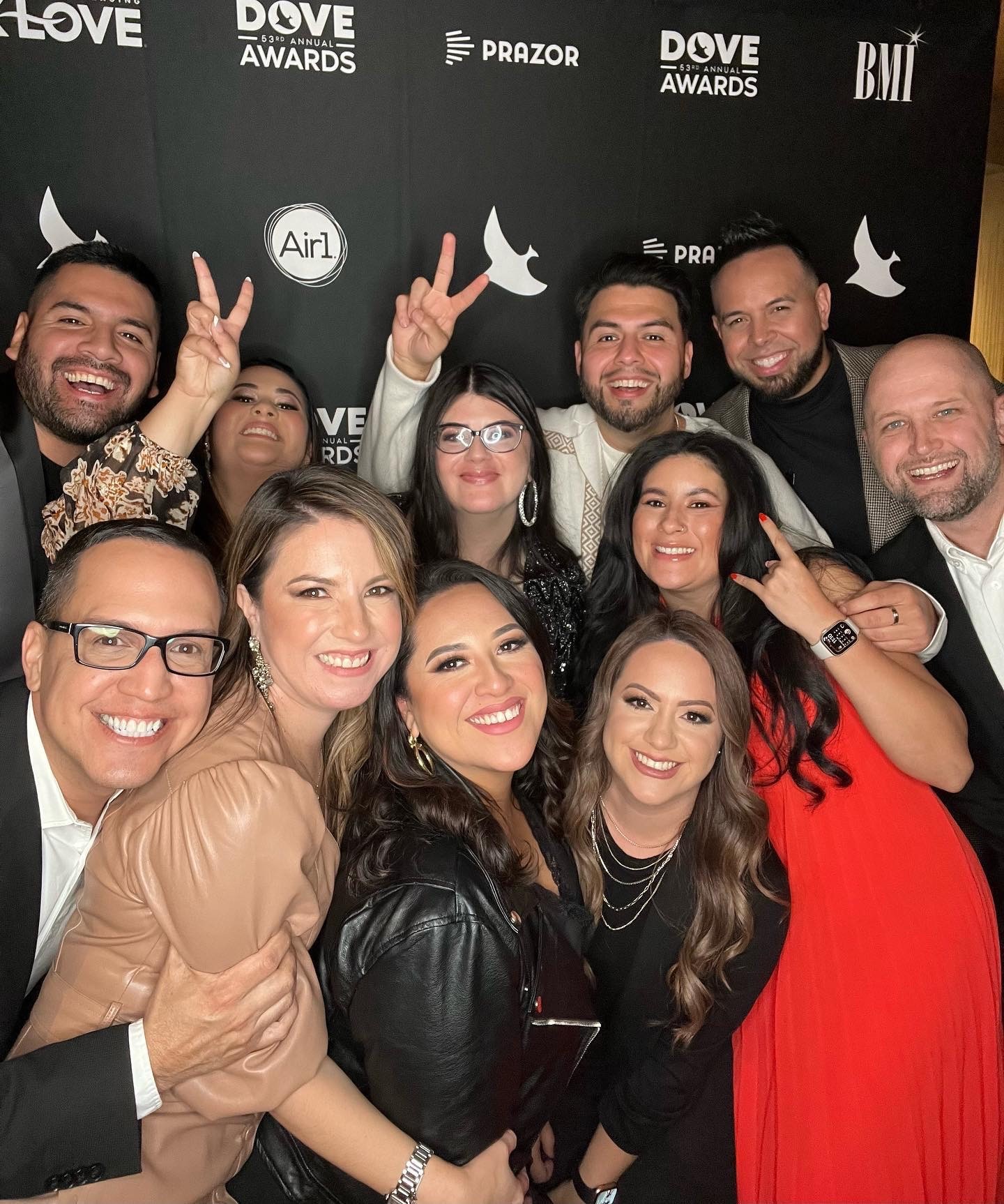
How did you put together the initial capital you needed to start your business?
The way I restarted my business, I was very cautious and only did what I could afford to do. I didn’t take out loans, I managed it so that the potential failure of my company would only affect me. I got a job that would pay my rent, and keep me responsible, but not one I could become complacent with. I had enough to pay the bills and everything else would have to be generated by the hustle of my business. Being cautious with expenses really helped me stay solvent for many years. 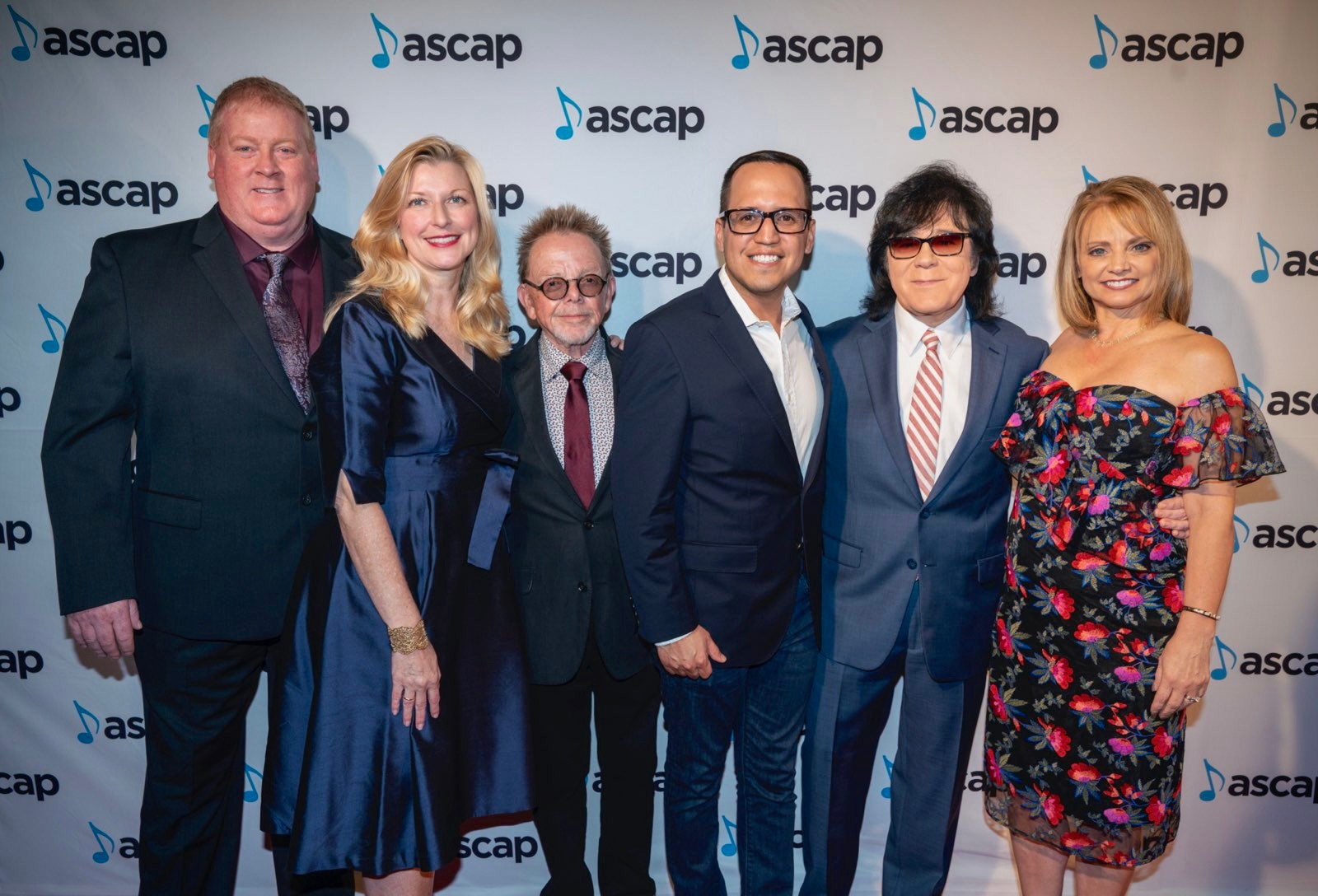
Contact Info:
- Website: https://www.adargagroup.com
- Instagram: https://www.instagram.com/henryalonzo/
- Other: https://henryalonzo.com


